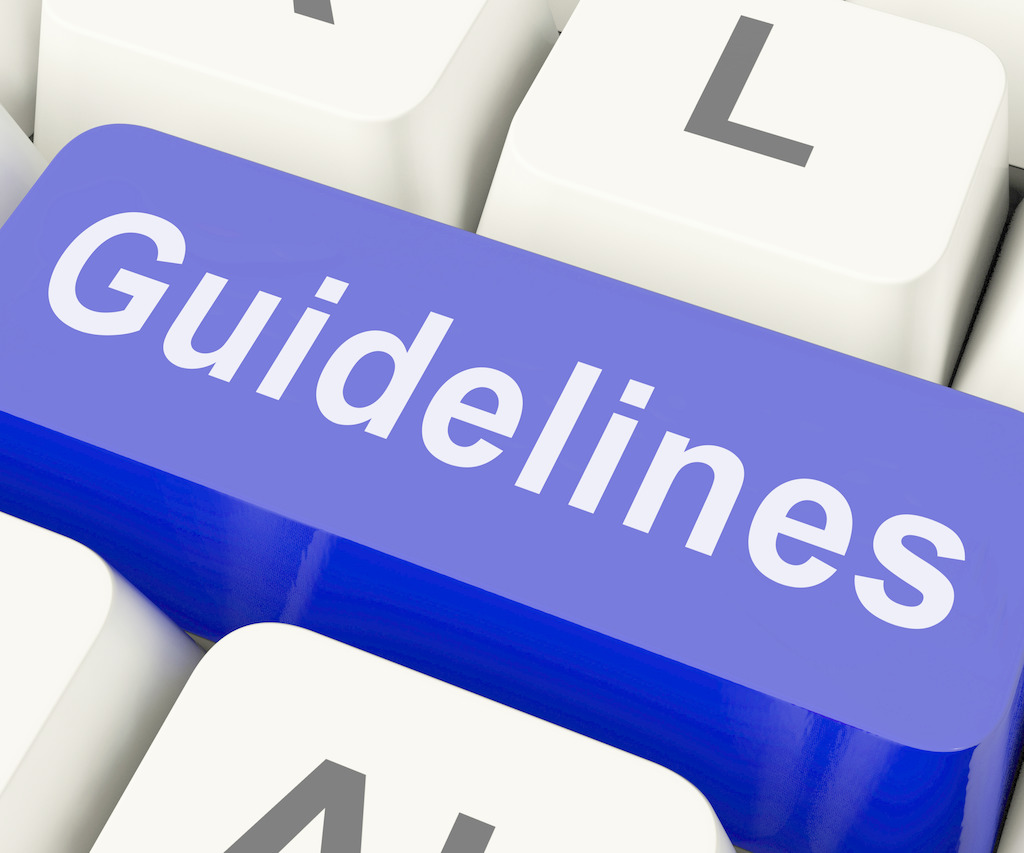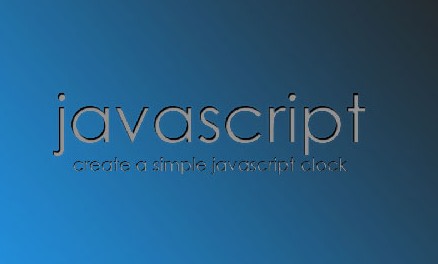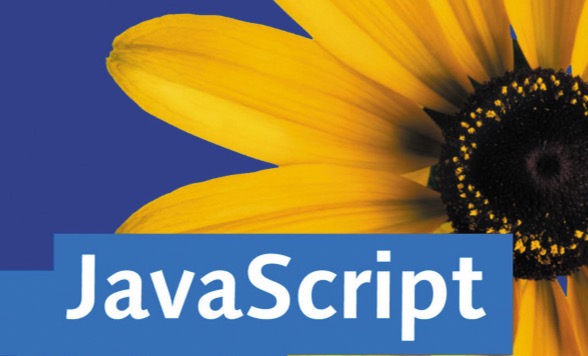10 recommended articles about clean code
From a development perspective, first organize the variables and functions according to certain naming and formats. Next, start writing code. In the industry, many advocate test-driven development. Next, let’s talk about unit testing. TDD is the English abbreviation of Test-Driven Development. It is a core practice and technology in agile development and a design methodology. The principle of TDD is to write unit test case code before developing functional code. 1. The Three Laws of TDD Law 1: Do not write production code before writing unit tests that cannot pass. Law 2: You can only write unit tests that just fail to pass. Failure to compile does not count as failure. Law Three: Write only enough production code to pass the current failing test. Tests are written along with the production code, the tests are written just a few seconds before the production code. 2. Keep the test clean. The test code is as important as the production code and needs to be kept tidy enough. Testing brings all the benefits. Clean unit test code will bring many benefits to your code. The dirtier the tests, the dirtier the code will eventually become. If tests are missing, the code starts to rot. 3. Neat testing There is a very important point in neat testing
1. Detailed introduction on how to clean code

Introduction: From a development perspective, first organize variables and functions according to certain naming and formats. Next, start writing code. In the industry, many advocates Test-driven development, let’s talk about unit testing next. TDD is the English abbreviation of Test-Driven Development. It is a core practice and technology in agile development and a design methodology. The principle of TDD is to write unit test case code before developing functional code. 1. The Three Laws of TDD Law 1: Do not write production code before writing unit tests that cannot pass...
2. Sharing today: The way to clean code - unit testing

Introduction: From a development perspective, first name the variables and functions according to a certain naming and format Well organized, next, start writing code. In the industry, many advocate test-driven development. Next, let’s talk about unit testing.
3. 11 rules to keep your code tidy

Introduction: 11 rules to keep your code tidy
4. JavaScript Programming Style Guide Detailed

#Introduction: The author summarizes the software engineering principles "Clean Code JavaScript" applicable to JavaScript based on Robert C. Martin's "Clean Code". This article is a translation of it. It is not necessary to strictly abide by all the principles in this article. Sometimes it may be better to abide by less. The specific decision should be based on the actual situation. This is a code optimization suggestion compiled based on the author's years of experience in "Code Cleanliness", but it is just a suggestion. Software engineering has developed for more than 50 years and is still making progress today. Now, use these principles as a touchstone and try to use them as team representatives..

#Introduction: Catalog Overview Variables Function Objects and Data Structure Classes Test Concurrency Error Handling Format Comments Overview RobertC.Martin in "Code...
Introduction: Recently, I read CleanCode (the way to clean code) while squeezing the bus to and from work. , I once again admire Uncle Bob’s humorous writing style, unique viewpoints and perspective of understanding. What is most refreshing to me is Uncle Bob’s explanation of data structures and objects
7. 11 principles to keep your code clean - jerrylsxu
Introduction: Clean code, jerrylsxu
The above is the detailed content of 10 recommended articles about clean code. For more information, please follow other related articles on the PHP Chinese website!

Hot AI Tools

Undresser.AI Undress
AI-powered app for creating realistic nude photos

AI Clothes Remover
Online AI tool for removing clothes from photos.

Undress AI Tool
Undress images for free

Clothoff.io
AI clothes remover

AI Hentai Generator
Generate AI Hentai for free.

Hot Article

Hot Tools

Notepad++7.3.1
Easy-to-use and free code editor

SublimeText3 Chinese version
Chinese version, very easy to use

Zend Studio 13.0.1
Powerful PHP integrated development environment

Dreamweaver CS6
Visual web development tools

SublimeText3 Mac version
God-level code editing software (SublimeText3)

Hot Topics
 1382
1382
 52
52
 Alipay PHP SDK transfer error: How to solve the problem of 'Cannot declare class SignData'?
Apr 01, 2025 am 07:21 AM
Alipay PHP SDK transfer error: How to solve the problem of 'Cannot declare class SignData'?
Apr 01, 2025 am 07:21 AM
Alipay PHP...
 Explain JSON Web Tokens (JWT) and their use case in PHP APIs.
Apr 05, 2025 am 12:04 AM
Explain JSON Web Tokens (JWT) and their use case in PHP APIs.
Apr 05, 2025 am 12:04 AM
JWT is an open standard based on JSON, used to securely transmit information between parties, mainly for identity authentication and information exchange. 1. JWT consists of three parts: Header, Payload and Signature. 2. The working principle of JWT includes three steps: generating JWT, verifying JWT and parsing Payload. 3. When using JWT for authentication in PHP, JWT can be generated and verified, and user role and permission information can be included in advanced usage. 4. Common errors include signature verification failure, token expiration, and payload oversized. Debugging skills include using debugging tools and logging. 5. Performance optimization and best practices include using appropriate signature algorithms, setting validity periods reasonably,
 Describe the SOLID principles and how they apply to PHP development.
Apr 03, 2025 am 12:04 AM
Describe the SOLID principles and how they apply to PHP development.
Apr 03, 2025 am 12:04 AM
The application of SOLID principle in PHP development includes: 1. Single responsibility principle (SRP): Each class is responsible for only one function. 2. Open and close principle (OCP): Changes are achieved through extension rather than modification. 3. Lisch's Substitution Principle (LSP): Subclasses can replace base classes without affecting program accuracy. 4. Interface isolation principle (ISP): Use fine-grained interfaces to avoid dependencies and unused methods. 5. Dependency inversion principle (DIP): High and low-level modules rely on abstraction and are implemented through dependency injection.
 Explain the concept of late static binding in PHP.
Mar 21, 2025 pm 01:33 PM
Explain the concept of late static binding in PHP.
Mar 21, 2025 pm 01:33 PM
Article discusses late static binding (LSB) in PHP, introduced in PHP 5.3, allowing runtime resolution of static method calls for more flexible inheritance.Main issue: LSB vs. traditional polymorphism; LSB's practical applications and potential perfo
 How to automatically set permissions of unixsocket after system restart?
Mar 31, 2025 pm 11:54 PM
How to automatically set permissions of unixsocket after system restart?
Mar 31, 2025 pm 11:54 PM
How to automatically set the permissions of unixsocket after the system restarts. Every time the system restarts, we need to execute the following command to modify the permissions of unixsocket: sudo...
 How to send a POST request containing JSON data using PHP's cURL library?
Apr 01, 2025 pm 03:12 PM
How to send a POST request containing JSON data using PHP's cURL library?
Apr 01, 2025 pm 03:12 PM
Sending JSON data using PHP's cURL library In PHP development, it is often necessary to interact with external APIs. One of the common ways is to use cURL library to send POST�...
 Framework Security Features: Protecting against vulnerabilities.
Mar 28, 2025 pm 05:11 PM
Framework Security Features: Protecting against vulnerabilities.
Mar 28, 2025 pm 05:11 PM
Article discusses essential security features in frameworks to protect against vulnerabilities, including input validation, authentication, and regular updates.
 Customizing/Extending Frameworks: How to add custom functionality.
Mar 28, 2025 pm 05:12 PM
Customizing/Extending Frameworks: How to add custom functionality.
Mar 28, 2025 pm 05:12 PM
The article discusses adding custom functionality to frameworks, focusing on understanding architecture, identifying extension points, and best practices for integration and debugging.




